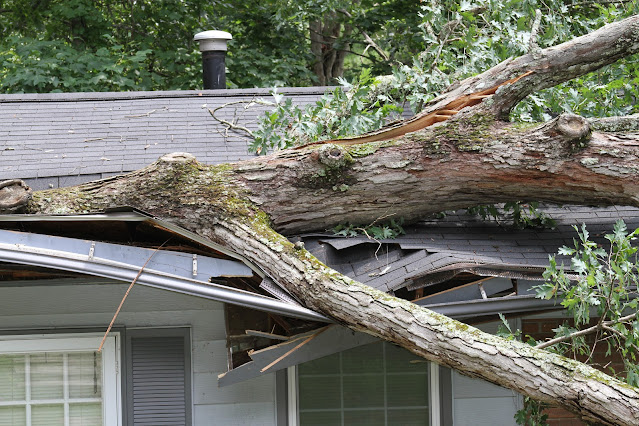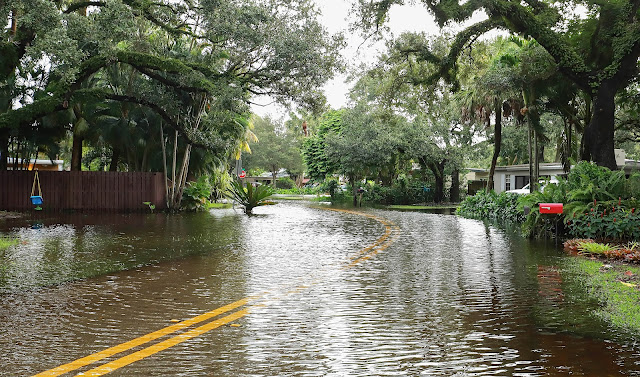Why You Should Be Concerned About Climate Change- Insurance!
Why You Should Be Concerned About Climate Change- Insurance!
Some effects of climate change such as mass extinction of hundreds of plants and animals across the globe, and displacement of hundreds of thousands of refugees migrating to higher and dryer land seem like far away consequences. But there is a much more immediate threat to all of us: insurance affordability. Climate change is about to make your insurance rates go through the roof, and it’s already happening!
The effects of climate change are stronger and more immediate than ever. With increasing frequency of natural disasters that result in the destruction of properties and businesses now hitting record-breaking rates, insurers can no longer wish them away as individual catastrophic events.
2020 was the fifth costliest year for the insurance industry in 40 years. According to a 2021 report released by Munich RE, one of the world’s leading providers of reinsurance and insurance-related risk solutions, global disasters exacerbated by climate change resulted in $210 billion in losses in 2020 as several countries, including the U.S. and China, battled hurricanes, floods, and wildfires. The US accounted for $95 billion of overall losses and $67 billion of insured losses.
Insurance is in the business of managing risk. Greater risk equals more claims which results in higher premiums. Taxpayers and insurance premiums share the cost for severe damage due to weather. Severe weather events that occur in Los Angeles, for example, affect premiums in other parts of the state and the country. These weather-related claims impact everyone.
Rising physical risk levels are already threatening insurability and affordability of existing coverage. Higher claims costs will require a higher premium, which may jeopardize affordability.
Catastrophic events are projected to continue. According to a McKinsey research report, the value at risk from climate-induced hazards may increase from about 2% of global GDP to more than 4% of global GDP in 2050. This projection, which forecast more frequent storms, floods, and wildfires, may lead to underinsurance of the population, leading to premium loss, higher rates of self-insurance, and increased demand for disaster relief from the public sector. Consumers will shoulder most of that burden.
Florida is one of the states most vulnerable to climate change, putting Floridians at a greater risk for disasters that will impact everything from health and physical safety to property and assets. Climate change is already having a direct financial impact on Florida homeowners through their home insurance premiums.
According to a report by ValuePenguine, the cost of homeowners insurance in Florida has gone up by 32.5% since 2016. This is more than three times higher than the average rate change of 10.9% that the rest of the country experienced during the same period. In an Insurance Newsnet article, Mark Friedlander, a spokesperson for the nonpartisan association Insurance Information Institute, says that statewide premiums in Florida are up nearly 25% for 2022, and aren't expected to level off anytime soon. Premiums have doubled in some parts of the state.
Yes, there are other additional causes contributing to the large increases in homeowner insurance premiums such as fraud and litigation expenses, but reinsurance companies who underwrite retail insurers simply can’t afford to ignore the link between climate change and catastrophes caused by the resulting storms, wildfires, and flooding. As the financial losses multiply, the price of reinsurance will continue to increase accordingly and get passed on to the consumer.
Floridians can expect this trend to continue and for premiums to become more and more unaffordable if we do not confront climate change head-on. You can help by making your concerns known to your legislators and public officials, and by letting businesses you frequent know that you want them to do their part to combat climate change too.
Here are some other blogs for ideas to help combat climate change:
5 Simple Ways to Combat Climate Change
A Simple Guide to Climate Change







Comments
Post a Comment